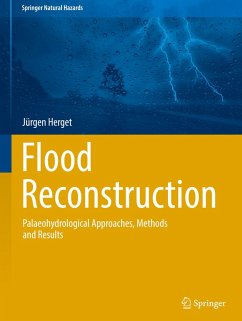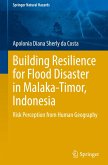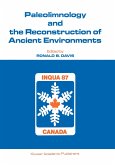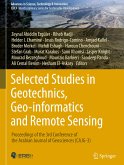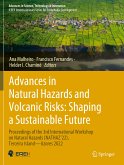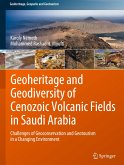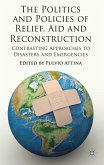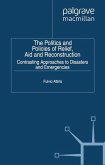Floods are among the most common and consequential natural disasters on Earth, occurring in all natural areas at all times. Yet, they often surprise us with their unexpected magnitude and the damage they cause. Terms like century and millennium floods quickly become widespread, but what do we really know about the floods of the past? How can we truly classify events like the Mississippi flood of 1993, the Elbe flood of 2002, or the Pakistan flood of 2010? Have such floods occurred before, or are they unprecedented, perhaps even consequences of ongoing climate change? To answer these questions, we must look into the past. However, river level records are often limited in duration, rarely extending back more than a hundred years, and many regions lack any measured values at all. Nonetheless, floods have left their marks.
These marks may exist in the form of historical records and descriptions, which vary in extent across different cultural contexts. In addition to historical records, natural indicators like deposited sediments or erosion traces provide valuable information about past flood levels. This is particularly important for prehistoric periods and for regions without dense settlements and related gauges. These investigations lead to further questions about maximum flood levels and the earliest recorded observations.
This book addresses these questions by exploring the reconstruction of floods from both historical and prehistoric times. It explains and discusses methods and results for beginners with diverse backgrounds in disciplines such as earth sciences, hydrology, history, and engineering. Extensive and carefully selected reference lists offer access to additional information.
These marks may exist in the form of historical records and descriptions, which vary in extent across different cultural contexts. In addition to historical records, natural indicators like deposited sediments or erosion traces provide valuable information about past flood levels. This is particularly important for prehistoric periods and for regions without dense settlements and related gauges. These investigations lead to further questions about maximum flood levels and the earliest recorded observations.
This book addresses these questions by exploring the reconstruction of floods from both historical and prehistoric times. It explains and discusses methods and results for beginners with diverse backgrounds in disciplines such as earth sciences, hydrology, history, and engineering. Extensive and carefully selected reference lists offer access to additional information.

